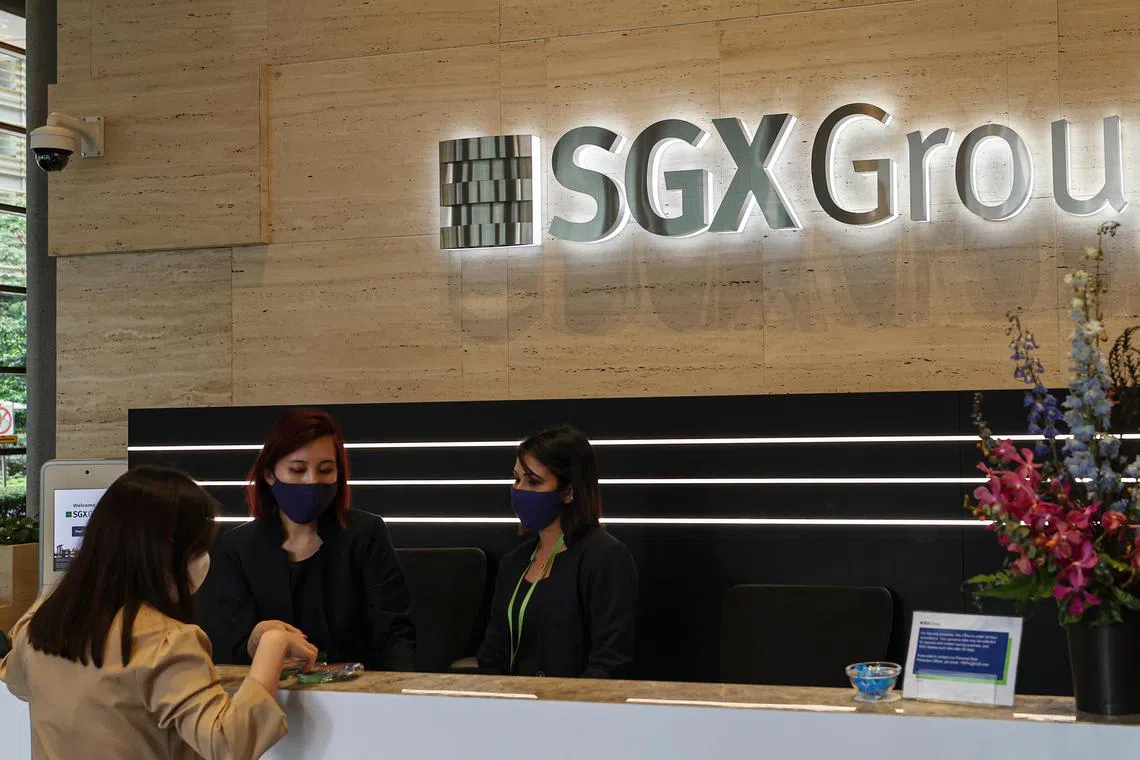STI falls 1.4% amid mixed Asian trading as investors weigh SVB collapse
Sign up now: Get ST's newsletters delivered to your inbox

Across the broader Singapore market on Monday, losers outnumber gainers 365 to 205, after 1.7 billion securities worth $1.3 billion change hands.
PHOTO: BT FILE
SINGAPORE - Singapore stocks slid on Monday amid mixed trading in the region, as investors remained cautious following the collapse of Silicon Valley Bank (SVB) in the US.
The benchmark Straits Times Index (STI) slid 1.4 per cent, or 45.06 points, to close at 3,132.37, with all but four counters ending the day in the red.
Keppel Corp was the top STI decliner on Monday, with the counter slipping 2.6 per cent to end at $5.32. Meanwhile, shares of liquor company Emperador rose 2 per cent to close at 51 cents, ending the day at the top of the index performance table.
Across the broader market, losers outnumbered gainers 365 to 205, after 1.7 billion securities worth $1.3 billion changed hands.
Local banks DBS, UOB and OCBC were the top three most actively traded counters by value, with more than $400 million worth of the trio’s shares changing hands.
The counters fell between 1.4 per cent and 1.7 per cent on Monday.
Singapore’s losses mirrored declines in Australia and Japan, where key indexes fell between 0.5 per cent and 1.1 per cent.
But key indexes in South Korea, Hong Kong and Shanghai ended between 0.7 per cent and 1.9 per cent higher, with US regulators stepping in at the weekend to strengthen confidence in the banking system.
“In Asia trading today and the US close on Friday, equities, foreign exchange and bonds suggest markets are pricing in idiosyncratic risks from SVB, and not a systemic fallout. That’s how these type of shocks get interpreted by markets initially,” said RHB’s group chief economist and head of market research Sailesh K. Jha.
He noted that, beyond recent measures announced by the US government, the US Federal Reserve still had other liquidity injection tools it could use.
“From our perspective, a systemic fallout on global markets from SVB is a low-probability event risk, and plenty of opportunities to add to risky asset exposure in coming weeks could materialise,” he added. THE BUSINESS TIMES


